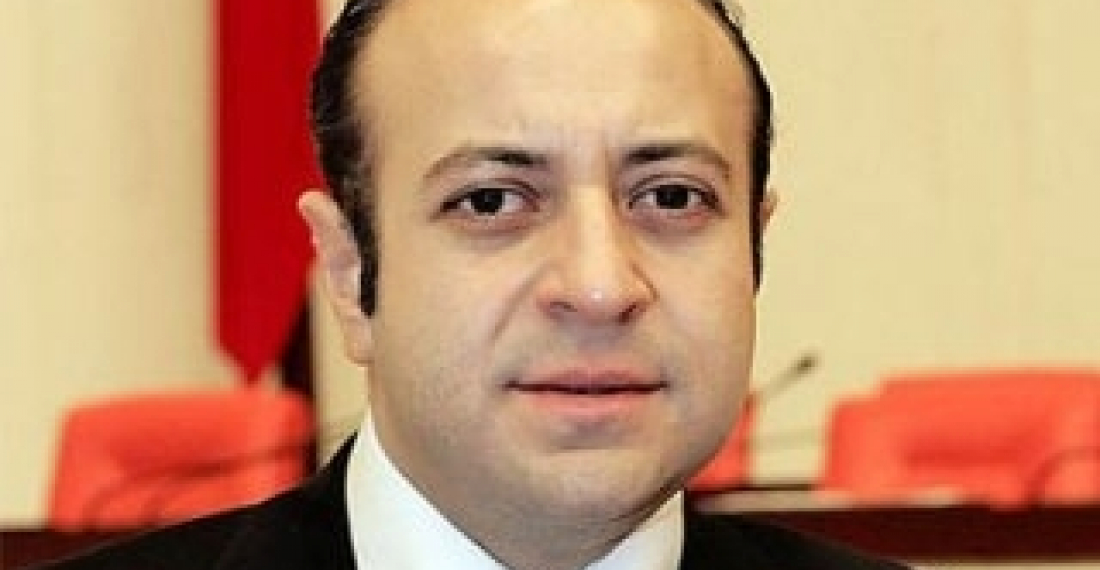The latest statements by Turkish State Minister and Chief Negotiator for EU Talks Egemen Bagis do not contribute to promotion of the Armenian-Turkish protocols in the two countries' parliaments, Stepan Safaryan, Head of the Heritage Party faction in the parliament, said at the last session of the parliament of the 4th convocation, Monday.
"Yesterday Bagis said that 'If claims that the 1915 deportation of Anatolian Armenians constituted "genocide" could be historically and scientifically substantiated, Turkey would apologize for it.' Referring to a bill adopted recently by the French Senate that makes it a crime to deny that the mass killings of Armenians in 1915 in Anatolia amounted to genocide, Bag?s said the bill was "null and void" for Turkey. The Turkish minister makes such statements as the Protocols implying establishment of intergovernmental commission of historian to study the Genocide fact are currently in circulation of the two countries' parliaments," Safaryan said.
Safaryan believes that the Armenian-Turkish protocols will bring nothing good to Armenia remaining on agenda of the National Assembly. Considering that April 24, the Day of Commemoration of the Armenian Genocide Victims, is approaching, it would be expedient removing the Protocols from the agenda of the parliament. In this light, Safaryan suggested Parliament Speaker Samvel Nikoyan to apply with a relevant request to President of Armenia Serzh Sargsyan.
In response, Nikoyan called it inexpedient removing the protocols from the agenda. "I think that the protocols should remain on agenda. The process of the international recognition of the Armenian Genocide has never depended on the Protocols. Quite on the contrary, participation in the given process is the pledge of our respect for our international partners and I think that the given process should be deepened," the speaker said.
Armenia and Turkey signed the "Protocol on the establishment of diplomatic relations" and the "Protocol on the development of bilateral relations" in Zurich on October 10. Following Turkey's unwillingness to ratify the protocols and attempts to link ratification with the Karabakh conflict made President of Armenia Serzh Sargsyan sign a decree on suspension of the procedure of ratification of the Armenian -Turkish protocols. After the protocols were removed from agenda of the Turkish parliament in August 2011 as the term of the parliament of the previous convocation expired, in some two months they were returned to the agenda of the Turkish national assembly. However, the term of their ratification has not been determined yet.







